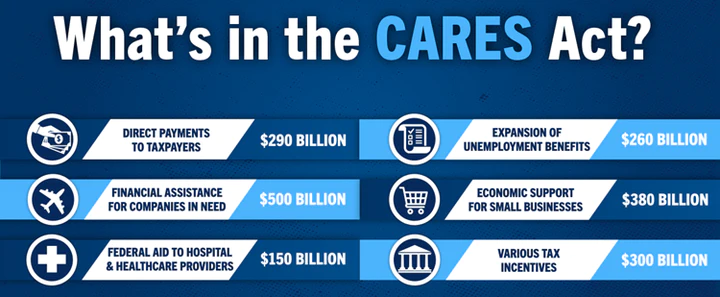
DO I QUALIFY FOR A $26,000 ERC TAX CREDIT PER EMPLOYEE AS AN EMPLOYER?
The Employee Retention Tax Credit (ERC) is an economic recovery program created by the CARES Act strictly for business owners who have employees.
WHAT IS IN THE CARES ACT?
The Employee Retention Tax Credit (“ERC”) is an economic recovery program created by the CARES Act – the same legislation that created the Paycheck Protection Program (PPP). In addition to PPP, your business may qualify for a stimulus check of up to $26,000 per employee by claiming employee retention tax credits.

- We’ve helped business owners file for $50,000,000 in employee retention tax credits
- ERC is designed to help small business owners with 5 to 500 employees
- 98% of our clients qualify even if they received PPP or PPP-2 loans
WATCH THE VIDEO

Business Owners With Employees Can Schedule A FREE Eligibility Call With One of Our ERC Experts.
- Validate and document ERC eligibility
- Keep your business compliant with program rules and regulations
- Accurately calculate your ERC credits
- Reconcile attribution between the PPP and ERC payroll wages

STATISTICS
98% ELIGIBILITY SUCCESS FOR EMPLOYERS
99% CASES PROCESSED IN 1-2 WEEKS
100% ENGAGEMENT THROUGH PROCESS
LETS GET STARTED
• 98% SUCCESS RATE • Up to $26,000 per employee
• FREE consultation Must have 10 or more W-2 employees to apply.
There is a refundable $1500 success fee to process the application.
FREQUENTLY ASKED QUESTIONS
I received a PPP loan, am I disqualified?
98% of our clients qualify for ERC check, even if they received PPP or PPP-2 loan. While the CARES Act originally prohibited having both an ERC and a PPP loan, the stimulus legislation recently passed (Consolidated Appropriations Act of 2021) eliminated this prohibition retroactive to March 13, 2020. Your business can now have both a PPP loan and ERC refund, however, special calculations around payroll wages and attribution is required. The ERC process can be complex with over 1,000 pages of guidance therefore we suggest using our professional services to ensure you qualify for the maximum benefit for your company.
What constitutes a partial suspension of operations?
A partial suspension of operations can take many forms. Here are some common examples we see in businesses like yours:
• unable to attend trade shows in-person (“travel or group meetings”)
• had staff go from in-office to work-from-home and had an impact
• retail or restaurant that reduced the number of customers allowed inside
• closed a department or business unit while other units continued to operate
There are many ways that businesses fully or partially suspended operations during each calendar quarter. We help you document this as part of an engagement.
I did not have a revenue reduction, can I qualify?
Yes – There are many ways business fully or partially suspended operations during each calendar quarter, and we help you document qualifying partial suspensions as part of an engagement. This includes, for example, capacity restrictions on indoor dining, canceled trade shows and group meetings, and other interruptions that are non-nominal in nature.
If your business had to change operations due to governmental orders or if gross receipts declined by 20%, your business likely qualifies. A change in operations could mean extra cleaning or sanitizing, limiting capacity or reducing hours, installing/utilizing protective equipment, temperature checks, or operational impact related to key suppliers or customers. For example, a law firm may have no longer been able to do in-person court hearings or in-person depositions, and cases may have been delayed, even if the firm continued to operate.
